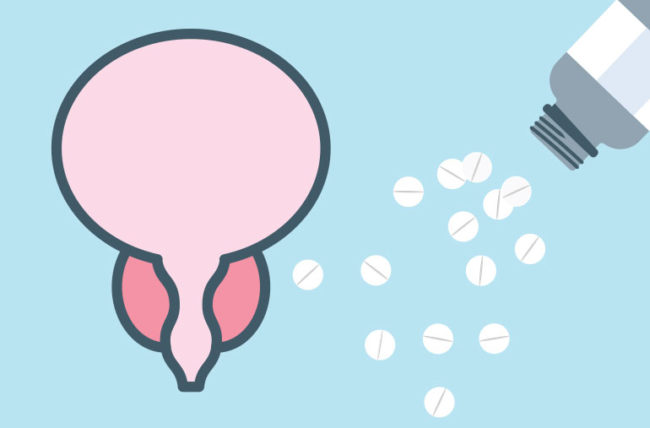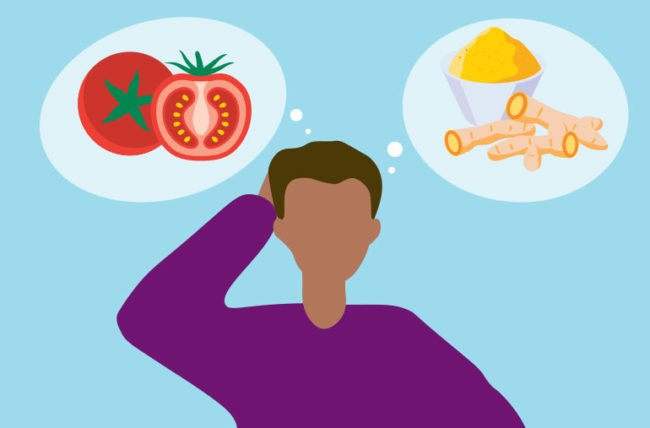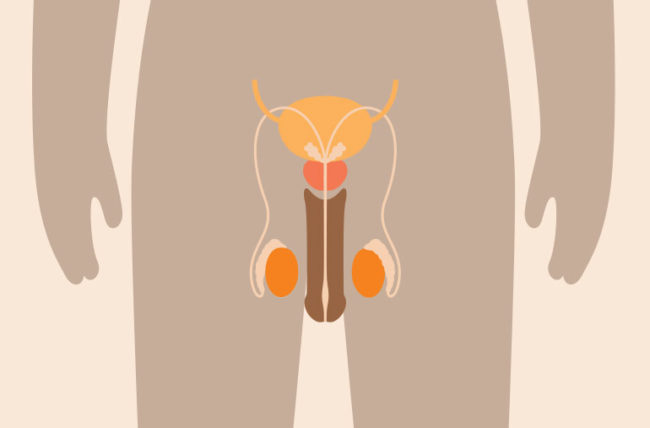Many people look to supplements for prostate health solutions.
Researchers have found that men at a higher risk of prostate cancer are likely to take supplements and vitamins, especially if they claim the pills will boost prostate health.
What’s the real question? Do these supplements make a difference in prostate problems and other prostate-related issues? We’ll examine the claims made by urologist Brad Gill MD, MS.
Can supplements improve prostate health?
You won’t find any proof of supplements boosting your prostate’s health. Some prostate health supplements can even cause prostate problems.
Bottom line? You won’t find a miracle pill to improve prostate health. Dr. Gill says that if a supplement was proven to be effective, everyone would take it. “But there is a lack of evidence when it comes supplements and prostate health.”
Supplements for prostate health
If you search for supplements to improve prostate health on Google, there are many suggestions. Here are some of the most popular ones, and what you need to know about them:
Saw palmetto
The most popular supplement to promote prostate health is saw palmetto. Fast Fact: Saw palmetto is made from the fruit of the shrubby palm trees that grow in the southeast United States.
According to some studies, sawpalmetto may help reduce prostate enlargement by reducing the amount of urine produced. Researchers found that the supplement was safe for use and had no adverse effects.
Benefits are probably linked to anti-inflammatory properties of saw palmetto extracts and berries.
But before you buy, remember that other research is less enthusiastic about saw palmetto for prostate problems. “There are some positive results but the data is limited and we cannot draw any conclusions from it,” says Dr. Gill.
Vitamin E
According to a study that tracked over 35,000 men in good health, taking vitamin E could actually raise your risk of prostate carcinoma.
Researchers wrote: “The observed 17 percent increase in prostate cancer incidence shows that seemingly harmless yet biologically active substances like vitamins can cause harm.” The researchers found that 400 IUs of vitamin E per a day increased the risk.
Selenium
Selenium was not found to be beneficial in the same study that examined vitamin E’s effects on prostate health. A study cautioned against selenium after prostate cancer was diagnosed, as it could increase the risk of death.
Other research has shown that selenium may have potential benefits for prostate cancer protection. These studies together show that there is no clear evidence to support certain supplements for prostate health.
Zinc
Could zinc be good for your prostate? While some studies indicate that it could, others have expressed doubt. (Noticing a pattern? As we stated at the beginning, there is not much proof that any supplement can be a solution for problems.
Other Supplements
Many supplements that are touted to be good for prostate health can also benefit from the “maybe” explanation of zinc. The label “inconclusive” is also appropriate for:
- Green tea extract
- Lycopene.
- Nettle root
- Pomegranate extract.
- Pumpkin seed oil
- Pygeum.
- Soy isoflavones
- Vitamin D
Before using any supplements, consult your doctor
Know this: When it comes supplements, the U.S. The Food and Drug Administration does not regulate supplements the same way they do prescription medications.
Dr. Gill warns that you may not know what is in an over-the counter supplement. The back may list the ingredients, but they’re not regulated as prescription drugs are.
“That leaves a mystery as to the effect that a supplement might have,” says Dr. Gill. These details, even though they may appear similar on labels, can differ from one batch to the next within a particular manufacturer or manufacturer to another.
Dr. Gill suggests that you speak with your doctor about supplements before taking them. It should be noted, however, that less that half of men with prostate cancer have discussed their supplement use with a doctor.
Dr. Gill emphasizes that it is important to consult your doctor prior to taking a supplement in order to ensure its safety. Dr. Gill says that it is rare for vitamins and supplements to be harmful when taken at the recommended dose. However, taking too much or too high a dose of certain compounds can cause serious health problems. “It’s better to be cautious.”
For more information on Dr. Gill’s views, you can listen to “Talking about Prostate Health” in the Health Essentials Podcast. New episodes of Health Essentials Podcast will be available every Wednesday.






















